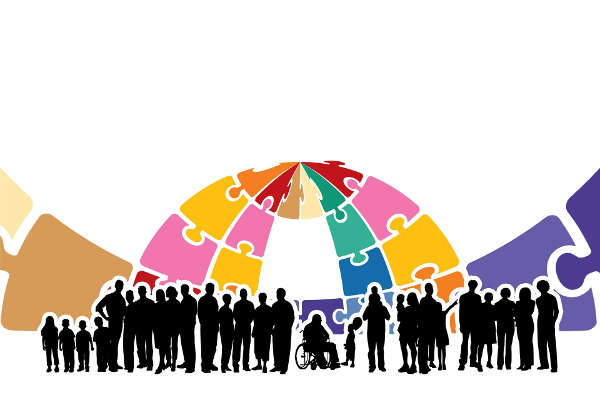Coe-llc is a blogging website that shares ideas related to the Economy and Society. The economy and society are deeply interconnected, shaping how people live, work, and interact.
 The key idea that guides us at COE LLC is the fact that a global economy and human society cannot be separated. We close the divide between social responsibility and economic innovation to make sure that progress is benefiting the people, communities, and the planet. COE LLC is a strategic consultancy and research-based organization. It has brought together economists, policy experts, and social thinkers whose vision is a common one. That vision is to develop sustainable systems that empower societies in transition.
The key idea that guides us at COE LLC is the fact that a global economy and human society cannot be separated. We close the divide between social responsibility and economic innovation to make sure that progress is benefiting the people, communities, and the planet. COE LLC is a strategic consultancy and research-based organization. It has brought together economists, policy experts, and social thinkers whose vision is a common one. That vision is to develop sustainable systems that empower societies in transition.
Our Focus
Here at COE LLC, the following are our main priorities:
Intersection of Economy and Society
All our decisions portray the interdependence of markets and humanity. COE LLC looks at holistically development as it analyzes post-pandemic economic changes to the cultural narratives of indigenous wisdom and prophetic traditions. In our opinion,
real growth is not only based on financial well-being, but also cultural maintenance, moral government, and human stability.


